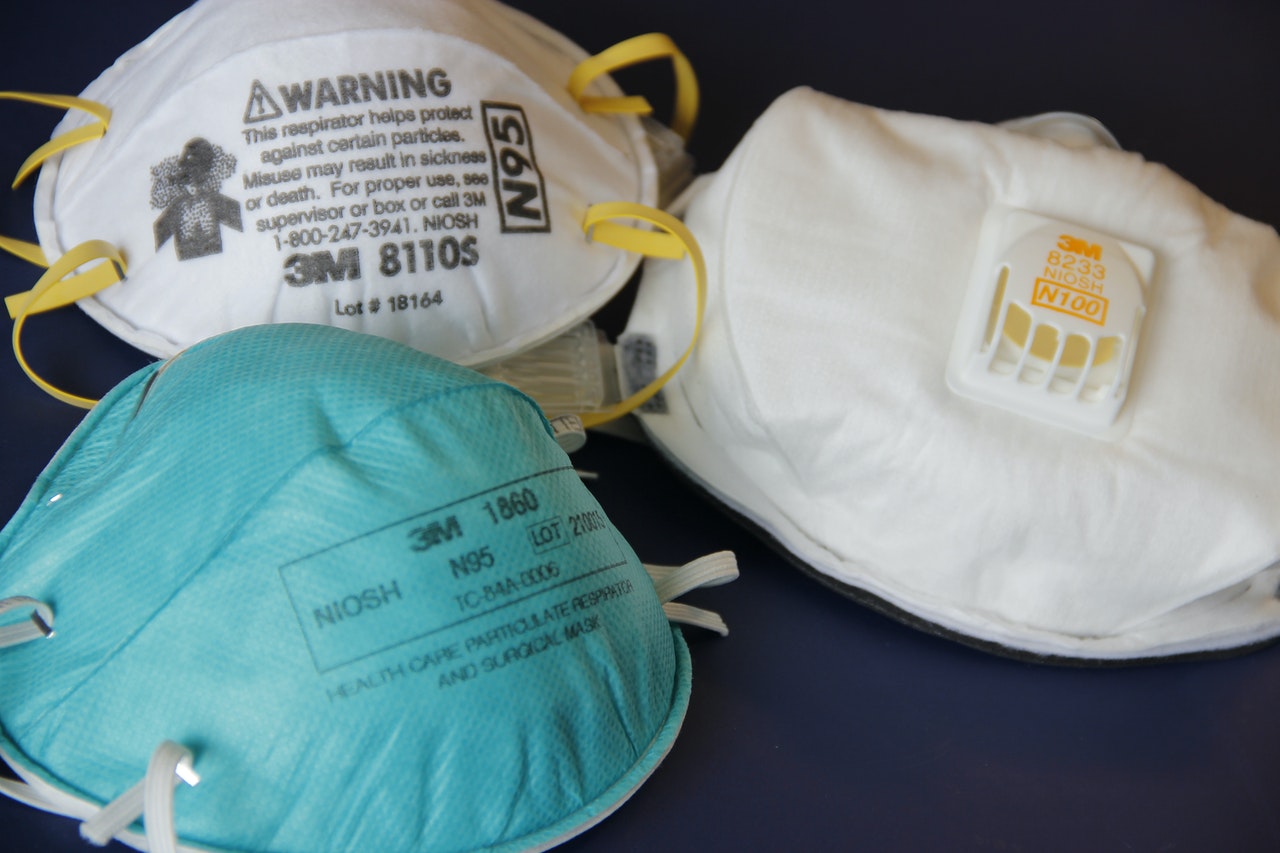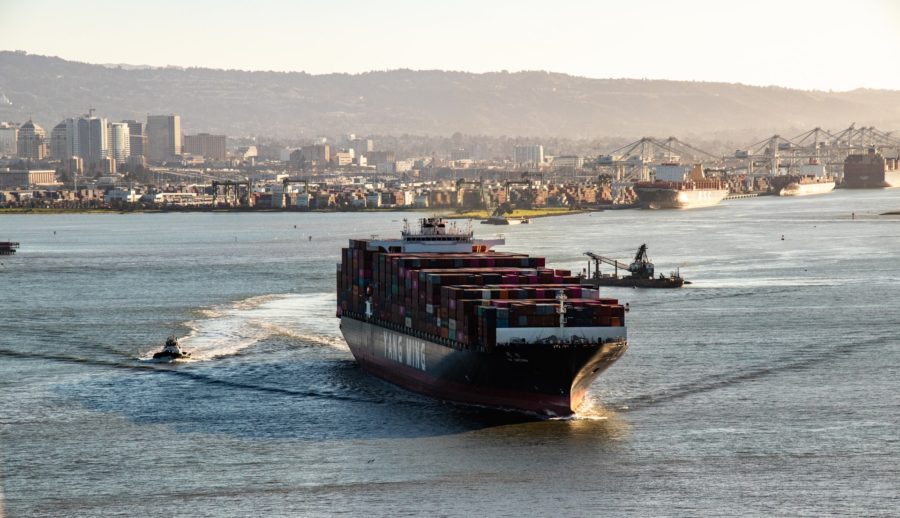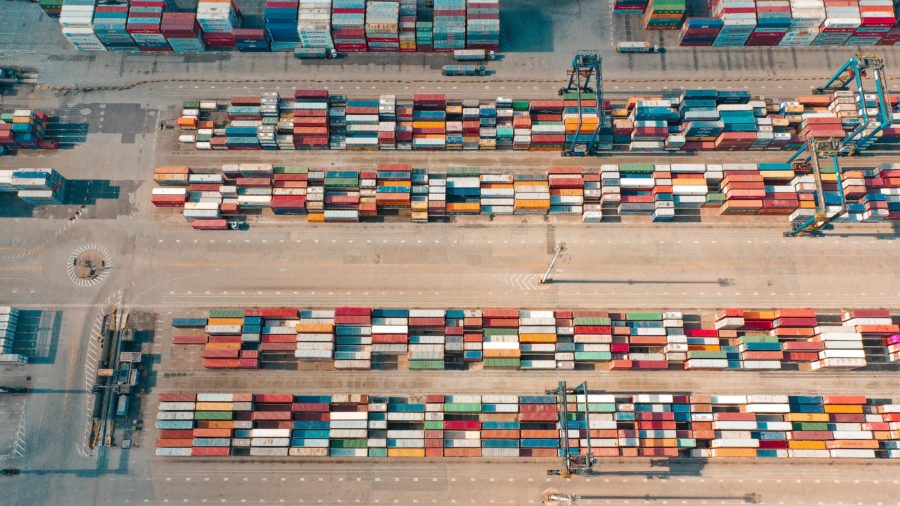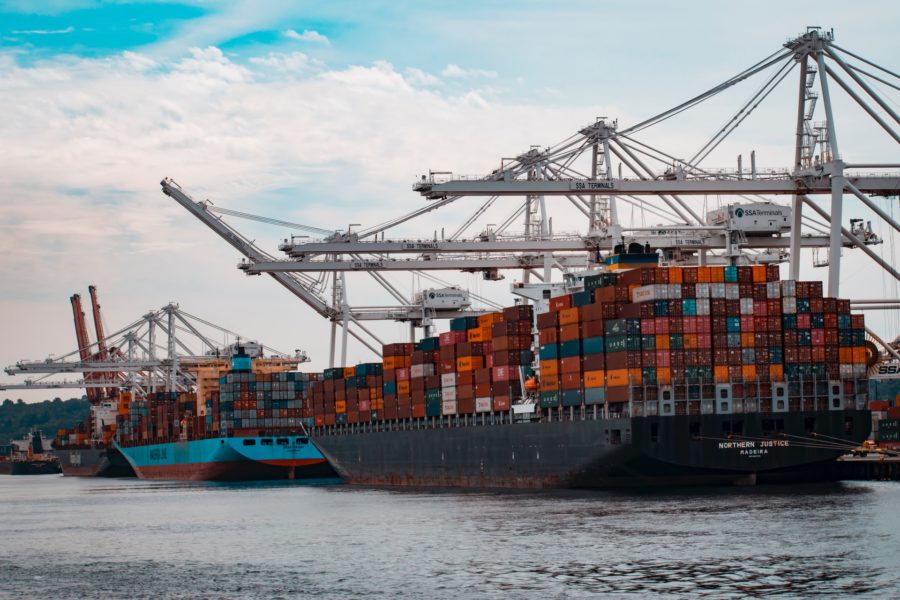Sign up for recent trade news that can affect your business:
April 15, 2020
Trump Administration Eases PPE Export Ban with Canada, Mexico Exemptions

The Trump administration has eased a ban on exports of PPE, with the list of exemptions growing after lawyers laid out the shortcomings of the rules.
Exports to Canada, Mexico and U.S. entities such as military bases abroad are among the exemptions. It also singles out shipments by 3M, which President Trump had originally blocked from sending N95 masks to Canada and Latin America. The decision was reversed last week after reaching a production agreement with the company.
The previous rule overlooked instances where multinational firms might need to ship PPE to overseas offices or military bases, showcasing the dangers of regulating trade in vital medical supplies unilaterally by anecdote, rather than after careful review and consultations with key trading partners.
The focus of the ban is on “commercial quantities,” which is defined as shipments valued at US$2,500 and containing more than 10,000 units of gloves, masks and other covered materials.
As this issue continues to evolve, please do not hesitate to reach out to Carson for guidance around PPE shipments at this time.
Get in touch:
Tyler Carson, President, tyler@carson.ca
Dave Pentland, VP, dwpentland@carson.ca
Matt Earish, COO, matt@carson.ca




